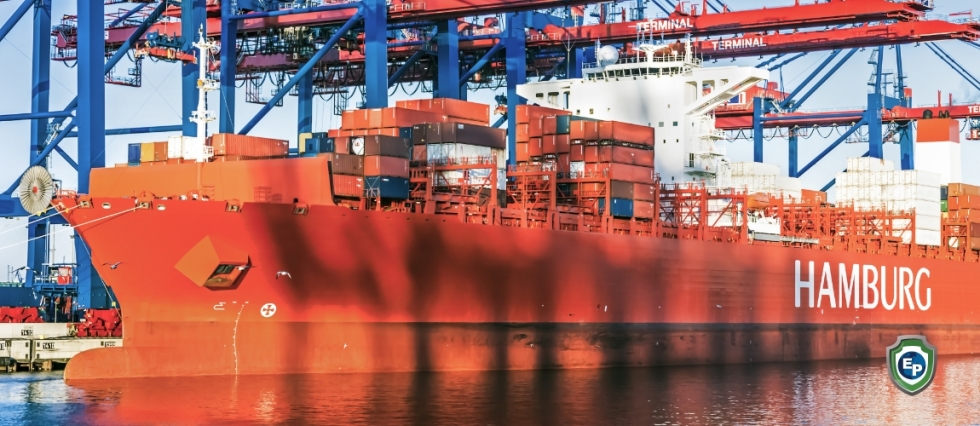Germany Records First Negative Trade Balance in 20 Years
Germany has experienced its first negative trade balance in over 20 years, much to everyone's surprise. Come read our article to learn about the causes behind this negative trade balance.

Germany is known to the world as a champion of international trade. It is an exporter of many industrial goods, particularly automobiles. Many people were thus taken aback when the country reported its first monthly trade deficit since 1991.
In May, an increase in the value of imports and a modest decline in exports pushed the economy into a trade deficit of €1 billion (£860 million). According to Bloomberg data, that was Germany’s first trade deficit since the year following German reunification.
Rising Energy Costs and Inflation Have Caused a Negative Trade Balance
The main reason for the negative trade balance is soaring inflation, especially rising energy prices. Additionally, supply chain disruption is challenging for Germany’s large industrial base.
Rising energy costs are an issue for a country like Germany that imports raw materials for manufacturing. The conflict with Russia and gas shortages have further pushed prices, contributing to the rising import costs.
According to the latest trade figures, prices of energy and food imports and industrial components rose by more than 30% in May 2022 compared with May 2021. Export prices only went up by about half the rate.

Economic Output in the Eurozone Has Also Fallen
The problems Germany faces are not unique. The economic output across the eurozone fell in June 2022 for the first time since the COVID-19 lockdowns began in 2020. The economic conditions are worsening in Europe and across the single currency bloc.
Global supply chain disruptions caused by the lockdowns in China are also a problem. This has contributed to rising energy prices and weaker consumer demand.
The UK’s current account deficit also increased significantly in the first quarter of 2022 to the highest since the 1950s. Like in Germany, the soaring cost of fuel imports was the main culprit, and British exporters also had to deal with Brexit disruptions such as clearing, forwarding, and shipping issues.
Stay In the Loop with Export Portal
In the world of international trade, it’s vital to stay on top of current events. For more information on how countries are doing during the pandemic, make sure to check out the rest of our import-export website!


















Comments 2